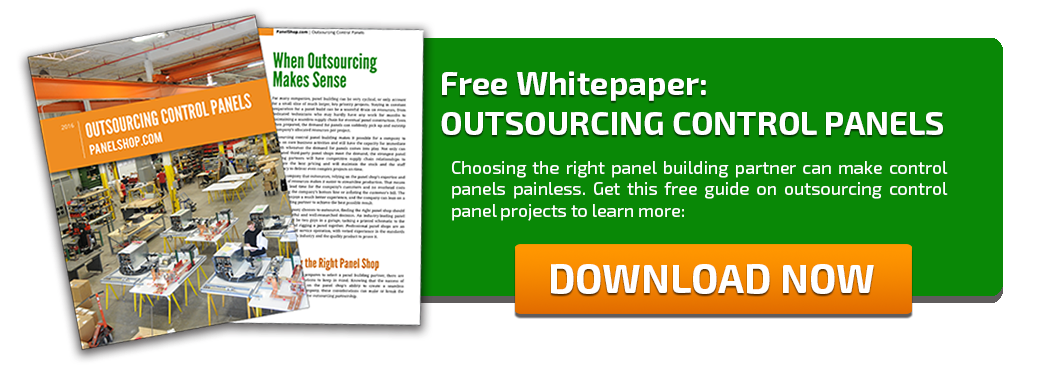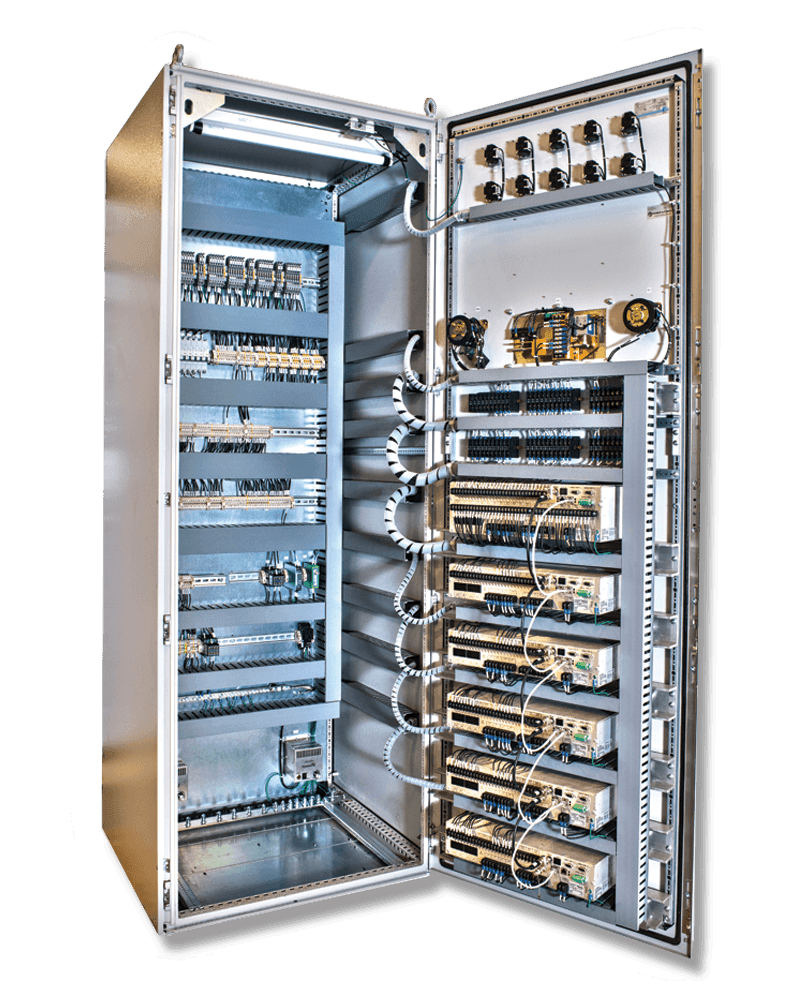.png?width=290&name=to%20fuse%20or%20not%20to%20fuse%20(1).png) The protection of individual I/O points is as important as the protection of any other control device. The use of fuses is one of the most fundamental decisions that needs to be taken by a protection engineer to ensure maximum safety as well as uptime for industrial assets.
The protection of individual I/O points is as important as the protection of any other control device. The use of fuses is one of the most fundamental decisions that needs to be taken by a protection engineer to ensure maximum safety as well as uptime for industrial assets.
Circuit breakers and fuses are two of the most widely-accepted types of protection. While circuit breakers have the benefit of reusability, the quicker operation of fuses make them an appropriate choice for I/O protection. In addition, fuses are better at blocking let-through energy, providing better protection for downstream devices. Therefore, wherever quickness is a priority, fuses should be preferred over other modes of protection.
The following scheme should be followed during I/O fusing:
- Analog input modules should be entitled one fuse per module
- Analog output modules shouldn’t be fused
- Both digital input and output modules should be connected to one fuse per module
However, customer project requirements should take precedence over default operating procedures. Sometimes it may be appropriate to fuse each I/O module with an individual fuse, however customer may require extra protection to ensure the limitation of fault current at one point. The I/O module product description should be consulted thoroughly before making any decision as there may specific requirements that have to be taken into account before installing a protection scheme.
Wiring size is a considerable factor that can affect the rating of a fuse. Therefore, it is necessary to make sure that the amperage rating of the wiring is taken into account. Furthermore, during installation of fuses the cost of replacement must be considered as low-amperage fuses are expensive, especially when multiplied for each I/O point.
Finally, the control/protection engineer should be aware of the consequences of a blown fuse connected to an entire module. A false system shutdown can result from module-based protection which would keep the system offline until the fuse is replaced.
Why work with us?
PanelShop.com takes pride in delivering high quality custom control panels with concept-to-completion engineering support. Whether you know exactly what you need or you're seeking a partner to help develop and accelerate your project, PanelShop.com can help. Call us today or submit a quote, and find out how PanelShop.com offers the best price for the best quality.






